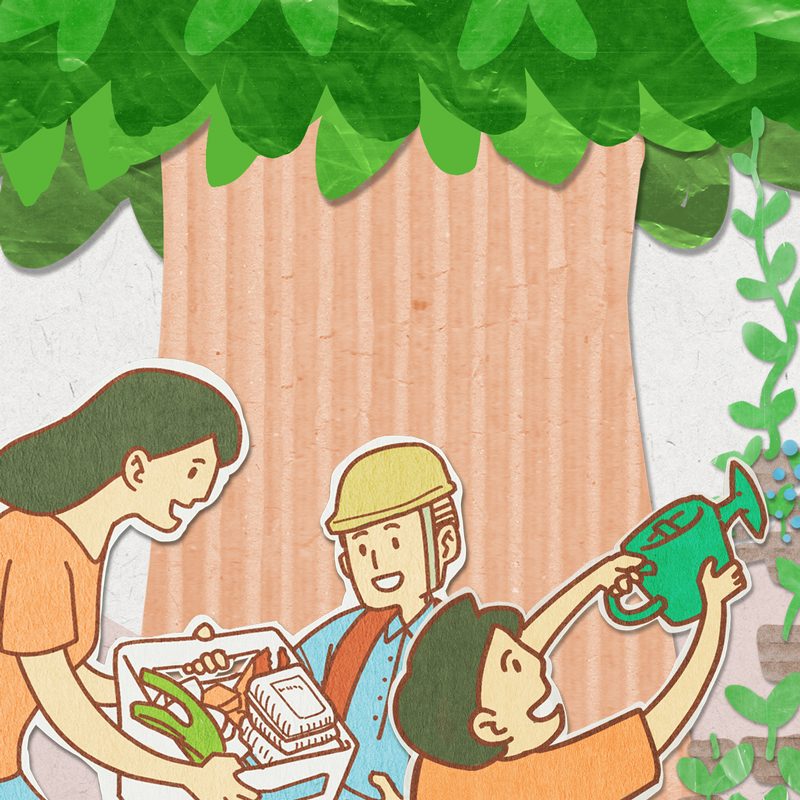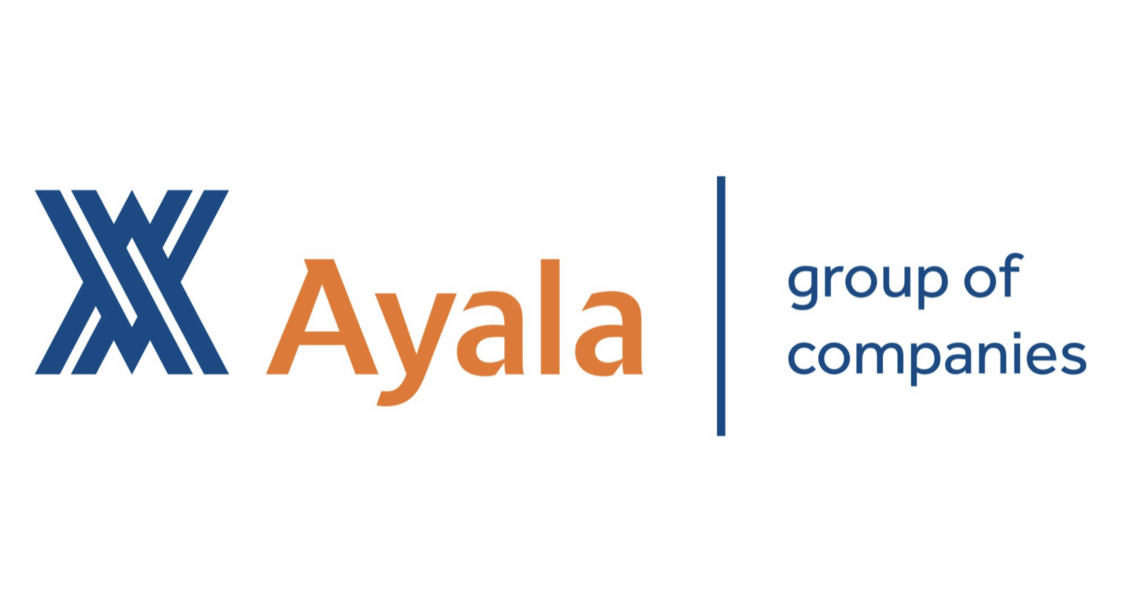SUMMARY
This is AI generated summarization, which may have errors. For context, always refer to the full article.

2020 is the year that will determine the future of the world’s climate.
While this is alarming, it does not come as much of a surprise when environmental awareness and calls for environmental protection have been around for some time now. The Philippines – much like other countries – has seen a rise in the number of people concerned who want to protect the environment.
In a survey conducted by TheNerve, four common types of individuals interested in caring for the environment emerged. These are the young and most unaware, the established, responsible consumer, the young advocate, and the responsible homemaker.
The young and most unaware, as the label suggests, are younger individuals that generally don’t know what to do in order to help take care of the environment. Because of this, they are currently not engaged in any environmental practices. On the other hand, the established, responsible consumers carry out various practices and are the most financially-equipped to help.
The young advocates, compared to the first two groups, are individuals who have adopted different environmental practices into their everyday routines. They are also interested in being part of environmental organizations and promoting the importance of various advocacies.
Lastly, we have the responsible homemakers. These individuals, who are mostly married or have children, don’t have a lot of time to dedicate to environmental practices. They seek convenience, which makes them interested in efforts they can accomplish at home.
Majority of these individuals participate in at least one of these three sustainable practices: water conservation, waste segregation, and tree-planting.
Water conservation, the most-observed practice
Of the three, water conservation is the most observed practice. Because this practice can be done at home, we see that the convenience of a sustainable action becomes a factor in how often it is practiced. It’s not just the responsible homemakers – most individuals have identified turning off faucets when not in use as one of their environmental habits.
However, the survey also revealed that some respondents believe we have an unlimited water supply. Contrary to this belief, water is a finite resource. Fresh water that can be used by humans and animals only account for 2.5% of the total amount of water on earth.
Manila Water recognizes the need to take care of our water resources. One of its service obligations is to provide potable drinking water to its customers in the East Zone concession area. Because it obtains 97% of its raw water from rivers, streams, and lakes, protecting the watersheds – Angat Dam, Ipo Dam, La Mesa Dam – that feed into these rivers and reservoirs is essential to its operations.
It is likewise important to ensure that every drop of water that goes back into the ocean is clean. One of Manila Water’s initiatives is the treatment of wastewater in several communities.
In September, the company announced its plan to construct a sewage treatment plant (STP) in Hinulugang Taktak, a protected area located in Rizal, Philippines. The sewerage system will help ensure that wastewater from the community is cleaned before it is discharged back to the waterfall. This is on top of the 38 STPs and 2 septage treatment plants managed by the company.
Waste segregation, with high commitment from active participants
When it comes to waste segregation, the respondents expressed a high level of commitment. They identified multiple items as waste that they segregate. These include paper or boxes, plastics, and compostable wastes. You might even know someone who upcycles plastics or has a compost pit at home.
Aside from these, there are even more kinds of waste that can be segregated – why not consider your old mobile phones, tablets, or computer accessories? Instead of leaving these stacked in the corners of your home, you can drop these off at Globe’s designated E-waste Zero collection points at several locations nationwide.
What do participants do with their waste? 42% of the group consciously maximize utility by reusing or recycling these wastes themselves. But considering our busy schedules, it might be difficult to recycle all the waste we produce. Did you know that there are eco hubs focused on doing just that?
Ayala Land, Inc. (ALI) opened its pilot Eco Hub facility in Arca South in partnership with environment-friendly construction products and solutions provider Green Antz Builders. The facility aims to collect and reuse plastic materials and transform these into eco bricks and other valuable construction resources that can be used in ALI’s development projects.
If you agree with some of the survey respondents who said that they don’t practice waste segregation at home because it would all end up in the same place anyway, you might want to take part in this initiative. The eco hub is collecting plastics every Saturday at the Salcedo Saturday Market (7:00AM – 11:00AM), Vertis North Mall Entrance (10:00AM – 3:00PM), Sunshine Mall Parking Lot (1:30PM– 4:00PM), Bonifacio High Street B7 & B8 (11:00 AM – 4:00 PM), and Ayala Malls Feliz (10:00 AM – 3:00 PM).
Tree-planting, perceived to be inaccessible
Meanwhile, tree-planting was identified by respondents as the sustainable practice that is least accessible. Unlike water conservation and waste management, most participants look for organized tree-planting activities. Because this practice requires a larger space and more consideration, such as what and when to plant, it is perceived as something that cannot be habitually done at home.
Project Kasibulan takes these into account. This is Ayala Corporation’s initiative that aims to contribute to the protection of the natural environment through reforestation. As they encourage people to take care of the environment, the corporation has been organizing tree-planting activities at various locations since 2016.
We also have to consider that those who do not participate in this activity identified the lack of knowledge about online tree-planting activities as the reason. But even during these uncertain times, there are organized tree-planting activities we can take part in. The best part? These can be done online.
By using the GCash application, customers can pay bills, buy load, and conduct bank transfers, among other green activities. After accumulating enough green energy points, GCash Forest makes it possible for users to adopt a real native tree in the Ipo Watershed. There are also options to adopt trees with other users.
What’s stopping Filipinos from taking part in practices that help in taking care of the environment? The foremost challenge respondents identified is the lack of knowledge about sustainable practices they can do.
So if you’re looking for a sustainable practice to begin with or you’re adding to the various sustainable habits you already have, why not try recycling plastics and electronic waste or participating in online tree-planting activities?
The activities we have mentioned are all practices that anybody – from beginner to experienced environmentalists – can engage in.
In some way or another, most Filipinos are interested in caring for the environment. Whether you lack the time or the knowledge about sustainable activities you can do, the Ayala Group of Companies can help you take the first step in your sustainability journey.
Beyond taking care of the environment, the Ayala group also carries out social initiatives like providing quality and affordable healthcare through AC Health and providing access to quality private education in partnership with iPeople. Aligning with the UN Sustainability Development Goals, the Ayala group created its Sustainability Blueprint, which commits each business unit to pivot with clarity and focus its business model, products, and services toward a more resilient and sustainable contribution to the daily lives of Filipinos. Visit this link to find out how. – Rappler.com
With data analysis from Basti Nodalo/Rappler.com
Add a comment
How does this make you feel?

There are no comments yet. Add your comment to start the conversation.